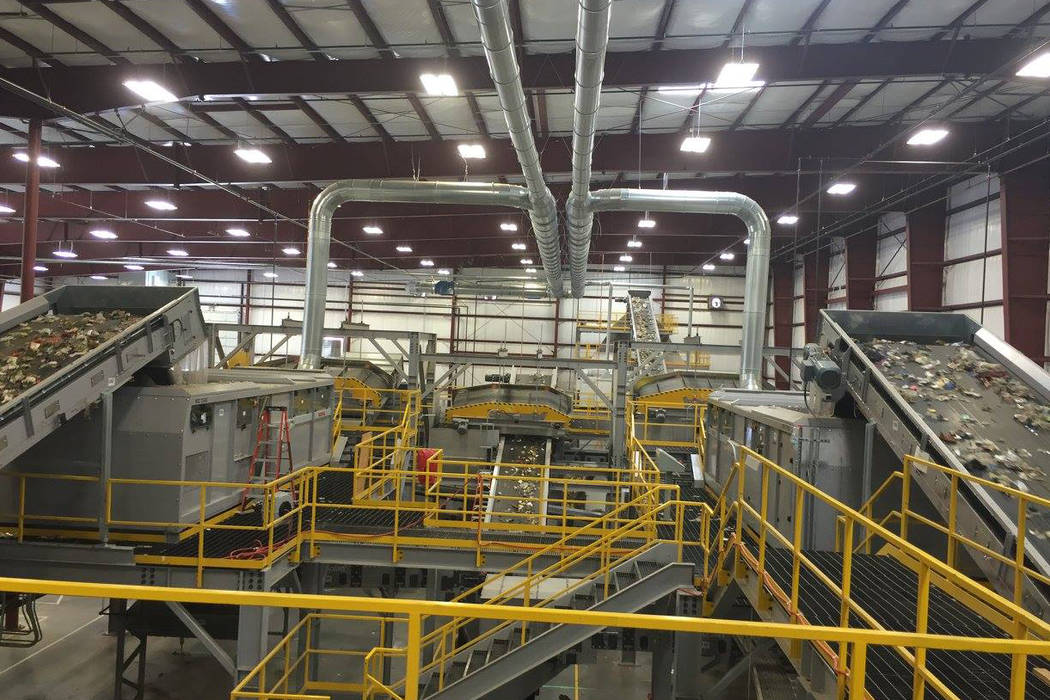Project to transform trash into fuel in Northern Nevada OK’d

CARSON CITY — One man’s trash is another man’s jet fuel.
State officials have approved $150 million in industrial development bonds for a Northern Nevada facility that can transform garbage into jet and diesel fuel. The State Board of Finance signed off on the bonds this week.
The project, which will be owned by Fulcrum Sierra BioFuels and operated by Fulcrum BioEnergy, will be on a 19.4-acre site in Storey County, about 20 miles east of Reno.
The project will convert about 200,000 tons of waste each year into roughly 11 million gallons of fuel, according to company records submitted to the Nevada Department of Business and Industry.
The fuel will primarily be for aircraft. United Airlines is one of the company’s clients, and military contracts are a possibility, state records show.
Fulcrum has begun one phase of the project, using the Feedstock Processing Facility to sort out recyclable metals and plastics.
Completed in 2016, the 65,000-square-foot facility is located on 10 acres adjacent to the Lockwood Regional Landfill and can process 1,500 tons of waste daily.
The bonds will help finance the next phase, a biorefinery that will turn the waste into a low-carbon, renewable synthetic crude oil that will be shipped to a refinery in the San Francisco Bay Area for treatment to become jet fuel.
Fulcrum’s technology is proprietary, using a gasifier to convert the waste.
The company’s overall economic impact includes $280 million for constructing both phases of the project, and up to $30 million for a jet fuel upgrading system. Fulcrum plans for a $450 million expansion that will produce 30 million gallons a year, records show.
Fulcrum’s project includes an annual payroll of $4 million, with more than 100 workers. The project also would generate 500 construction jobs and 1,000 indirect jobs in the region.
Construction of the $347 million project will start in September and be finished in 2019, state records show. Other sources of funding include a $67.5 million grant from the Department of Defense and investors.
Before issuing the tax-free bonds, state officials took into account the company’s history and its grant from the Department of Defense. The project is considered a “national security program,” state records show.
Contact Ben Botkin at bbotkin@reviewjournal.com or 775-461-0661. Follow @BenBotkin1 on Twitter.












